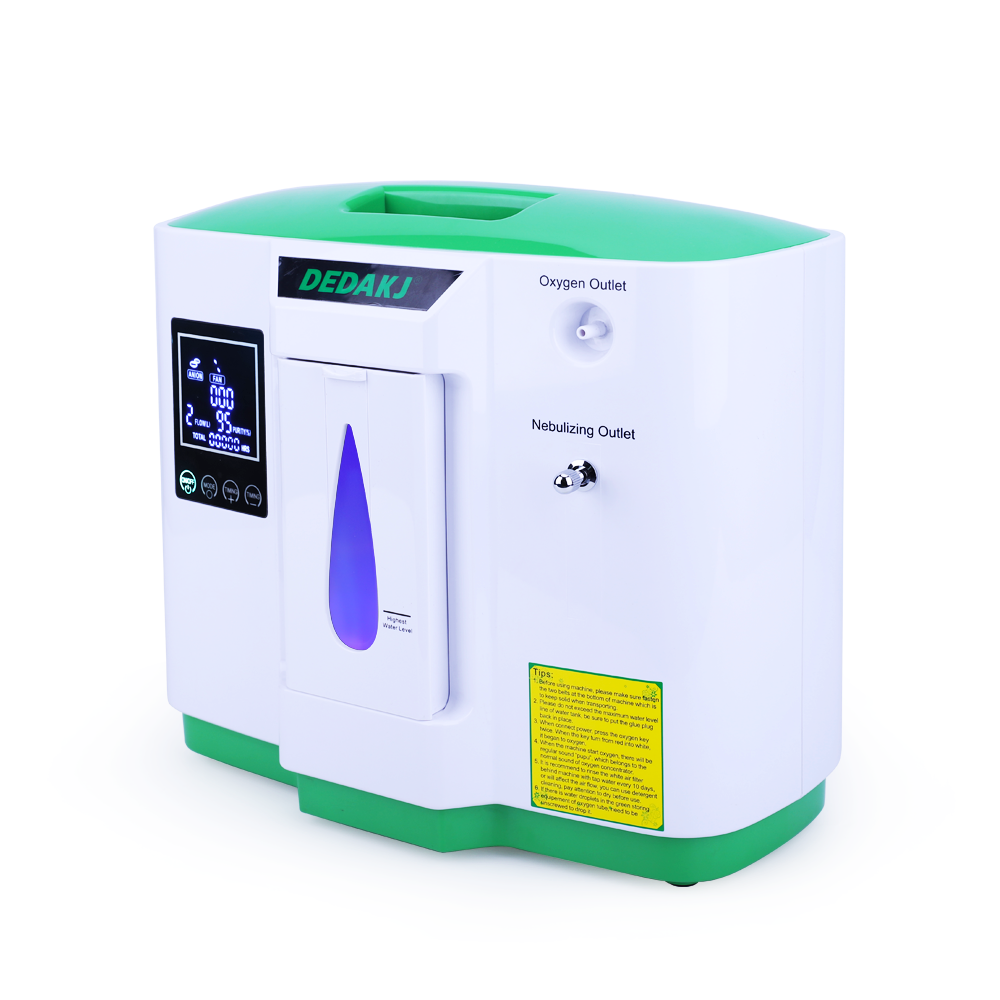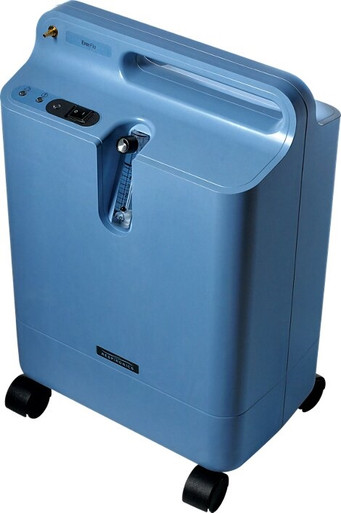-
For more information on how to avoid pop-up ads and still support SkiTalk click HERE.
You are using an out of date browser. It may not display this or other websites correctly.
You should upgrade or use an alternative browser.
You should upgrade or use an alternative browser.
Supplementary Oxygen
- Thread starter palikona
- Start date
i think there was a thread on this somewhere, but I think the take on it was to be effective for altitude sickness, you need to rent the oxygen concentrators like they have at aspen and run them throughout the night. vs canned o2 is only going to help if you are trying to recover from a max aerobic short term exertion like a 1 run sprint and less effective if you're at a continual low o2 situation
Funny!
My wife ended up in the ER after 2.5 days straight of unrelenting headaches the last time we went to A basin. Ended up her PO2 was in the basement and responded nicely to oxygen by face mask in about 30 minutes. Now she buys canned O2 anytime we travel to altitude. She takes a couple of hits a few times a day the first few days and feels that it helps a lot. Maybe placebo effect, but whatever works.
My wife ended up in the ER after 2.5 days straight of unrelenting headaches the last time we went to A basin. Ended up her PO2 was in the basement and responded nicely to oxygen by face mask in about 30 minutes. Now she buys canned O2 anytime we travel to altitude. She takes a couple of hits a few times a day the first few days and feels that it helps a lot. Maybe placebo effect, but whatever works.
Now that everyone has a Covid-purchase pulse oximeter, wouldn't it make sense for OP to do periodic tracking and take a hit when they see it dip?
I used the OTC cans during one trip to Big Sky, I felt it helped a lot. During the 2018 GTG in Utah I was suffering a lot from the altitude, went to just about every shop in the valley and nobody had it, all said there was never proof it worked. Not easy to find, and from what I know, you can't travel with it. I have a history of asthma, so that was probably a factor
- Joined
- Nov 12, 2015
- Posts
- 1,863
You ARE allowed to travel with the portable oxygen concentrator machines. Catrdiologists told me years ago to use one when I'm sleeping, regardless of the elevation I'm at, so we have a very non-portable concentrator at home. But I have a portable we take when traveling.
Oxygen is a treatment for acute mountain sickness (along with descending to lower altitude), but I prefer prophylaxis with Acetazolamide (Diamox). It's worked well for me for my annual trips from sea level to ski at A-Basin or Vail, with minimal side effects (other than having to pee more). I think that the threads on AMS have addressed this.
Other than those who are truly allergic to sulfa drugs, the only major downsides are that it has to be started a day ahead of ascent, and it's a prescription med.
Other than those who are truly allergic to sulfa drugs, the only major downsides are that it has to be started a day ahead of ascent, and it's a prescription med.
Re-upping this, as I’m considering using a portable machine when traveling at altitude. Do you bring a portable tank with nose cannula and sleep with it on? Or do you take 10-20 minutes of O2 several times a day when at altitude? Any success?You ARE allowed to travel with the portable oxygen concentrator machines. Catrdiologists told me years ago to use one when I'm sleeping, regardless of the elevation I'm at, so we have a very non-portable concentrator at home. But I have a portable we take when traveling.
@palikona, are you spending the night at altitude? If so, consider getting your doctor to do an overnight O2 study where you wear a pulse ox overnight for a few nights while sleeping at altitude.
I think you've mentioned Summit County, CO, where I bet a majority of visitors who sleep up there would qualify for supplemental overnight oxygen if checked.
I think you've mentioned Summit County, CO, where I bet a majority of visitors who sleep up there would qualify for supplemental overnight oxygen if checked.
Last edited:
Re-upping this, as I’m considering using a portable machine when traveling at altitude. Do you bring a portable tank with nose cannula and sleep with it on? Or do you take 10-20 minutes of O2 several times a day when at altitude? Any success?
I think he's using a portable pressure swing adsorption machine - which does not retain concentrated oxygen under pressure when it's switched off.

DEDAKJ DE-2AW 9 Liters Portable Oxygen Concentrator
US Stock DEDAKJ DE-2SW 9 Liters Portable Oxygen Concentrator | 30-90% oxygen Purity | 3-7 Delivery Days | On Sale. Affordable Home Oxygen Concentrator Machine, Hot sale home oxygen concentrator.
 www.elehealthy.com
www.elehealthy.com

EverFlo 5 LPM Oxygen Concentrator with OPI, 120V
The Everflo 5 LPM with OPI is a top-of-the-line oxygen concentrator that is lightweight, durable, and quiet. Get yours today at Cascade Healthcare Solutions.
Hmm, I’ll research these, as I don’t know how they work exactly. Thanks.I think he's using a portable pressure swing adsorption machine - which does not retain concentrated oxygen under pressure when it's switched off.

DEDAKJ DE-2AW 9 Liters Portable Oxygen Concentrator
US Stock DEDAKJ DE-2SW 9 Liters Portable Oxygen Concentrator | 30-90% oxygen Purity | 3-7 Delivery Days | On Sale. Affordable Home Oxygen Concentrator Machine, Hot sale home oxygen concentrator.www.elehealthy.com

EverFlo 5 LPM Oxygen Concentrator with OPI, 120V
The Everflo 5 LPM with OPI is a top-of-the-line oxygen concentrator that is lightweight, durable, and quiet. Get yours today at Cascade Healthcare Solutions.www.cascadehealthcaresolutions.com
I hadn’t thought of that. the thing is I’ve checked my O2 saturation levels often when up there this year and the pulse ox showed 96-98%.@palikona, are you spending the night at altitude? If so, consider getting your doctor to do an overnight O2 study where you wear a pulse ox overnight for a few nights while sleeping at altitude.
I think you've mentioned Summit County, CO, where I bet a majority of visitors who sleep up there would qualify for supplemental overnight oxygen if checked.
Does anyone know if it’s possible to have a lower amount of O2 going to your brain vs what is being shown on a finger pulse ox?
- Joined
- Nov 12, 2015
- Posts
- 1,863
We breathe more deeply when awake than while asleep. I use my concentrators while sleeping. I've used the portable while sleeping on the road. I'm at 500 feet above sea level now and still using. My walk-around oximeter is 93-96
May I ask: what do you do when skiing or walking around at altitude? Do you use a portable and wear it all the time or use it sporadically through the day?We breathe more deeply when awake than while asleep. I use my concentrators while sleeping. I've used the portable while sleeping on the road. I'm at 500 feet above sea level now and still using. My walk-around oximeter is 93-96
- Joined
- Nov 12, 2015
- Posts
- 1,863
When skiing or walking about at altitude, I generally keep an oxygen level in the mid-90s, If I overdo and have breathing issues, I'll employ the portable. Note that none of the portables work well at temperatures below 40 degrees.May I ask: what do you do when skiing or walking around at altitude? Do you use a portable and wear it all the time or use it sporadically through the day?
I think the thread was about a headache after skiing that went on to be a headache after exercising.i think there was a thread on this somewhere, but I think the take on it was to be effective for altitude sickness, you need to rent the oxygen concentrators like they have at aspen and run them throughout the night. vs canned o2 is only going to help if you are trying to recover from a max aerobic short term exertion like a 1 run sprint and less effective if you're at a continual low o2 situation
A few more questions:When skiing or walking about at altitude, I generally keep an oxygen level in the mid-90s, If I overdo and have breathing issues, I'll employ the portable. Note that none of the portables work well at temperatures below 40 degrees.
-if skiing at high altitude, could one use a stationary concentrator all night and early AM, then ski for half a day then come back to the car and sit for an hour with a portable then go back out for another few hours, then go back to the hotel and sit for an hour with the stationary concentrator then go out and then sleep with it on, and likely have success?
-or could one sleep with a stationary concentrator on and only do that, and feel good for most of the following day?
-if one is sleeping with 2L of flow all night, which I read is equivalent to being at sea level, then you go about your day with no supplementary O2 at high altitude, will you feel it even more being at altitude, since your body was just used to being at sea level a few hours ago?
Last edited:
Sponsor
Staff online
-
dbostedoAsst. Gathermeister
-
Jim KenneyTravel Correspondent
-
Dave PetersenGraphic Designer/Social Media Manager
-
DwightPractitioner of skiing, solid and liquid
Members online
- Mendieta
- nemesis256
- SKI-3PO
- Crumb
- JCF
- KansasTraverse
- dbostedo
- BLiP
- JESinstr
- truk8
- jt10000
- wgo
- Laurel Hill Crazie
- crgildart
- Mothertucker
- srubi
- Yepow
- Old Runner Frank
- smv
- Chip
- scvaughn
- Jim Kenney
- glencoe
- sparty
- aarghh
- Dave Petersen
- Dwight
- MadSkier
- my07mcx2
- NAC
- Tytlynz64
- Carl
- butleri
- wiread
- bbinder
- aveski
- The Retired Skier
- Johnny V.
- skipress
- Coloskier
- AlexisLD
- TahoeRover
- Turoa Kiwi
- Scrundy
- ilovepugs
- Mike King
- GB_Ski
- eric100
- Cheizz
- kurtski
Total: 2,865 (members: 84, guests: 1,875,robots: 906)